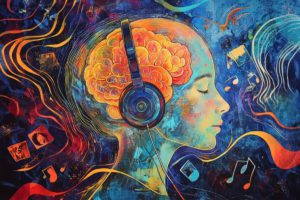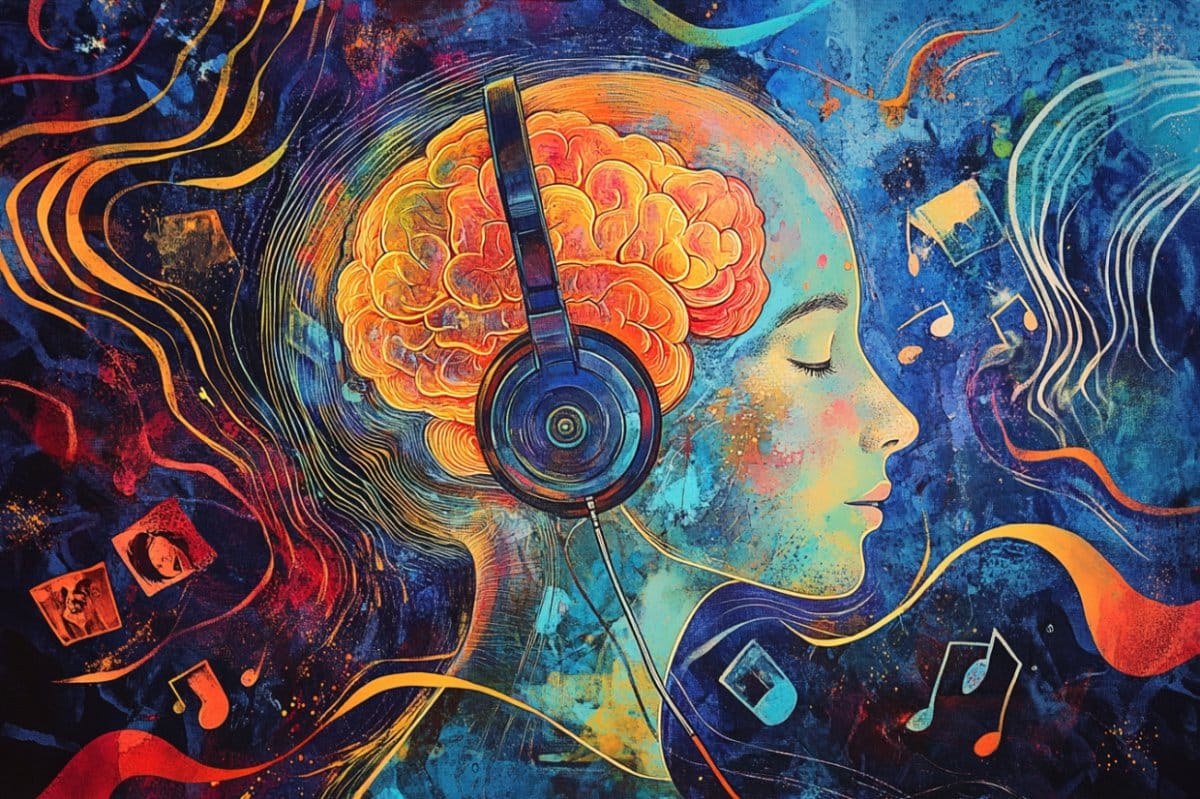Music is one of the most powerful forms of human expression. From ancient drums to modern streaming platforms, melodies and rhythms have always played an essential role in shaping emotions and preserving memories. Whether it’s a nostalgic tune that takes us back to childhood or an upbeat song that lifts our spirits, music has the unique ability to influence how we feel and how we remember life’s moments.
Music As An Emotional Mirror
Music often reflects the emotions we carry inside. When we’re happy, we naturally gravitate toward upbeat rhythms, while moments of sadness call for softer, slower tracks. Songs act like emotional mirrors, helping us process feelings we sometimes struggle to put into words.
Much like an aesthetic hidden face girl pic black and white on social media, music can be subtle yet powerful in how it conveys emotion. Without directly saying anything, it reveals depth and meaning, allowing us to connect with our own inner states.
Music And Professional Spaces
The power of music doesn’t stop at personal use—it extends into professional environments as well. Many businesses use curated playlists to set a tone in offices, retail stores, or hospitality venues. The right soundtrack can increase productivity, calm nerves, or encourage customers to stay longer.
For instance, just as companies use tools like an Australia business directory to connect with clients and services, music connects people with emotions that influence behavior. In both cases, the right choice can make a lasting impression and strengthen relationships.

Music And Poetry: A Shared Language
Poetry and music often share the same purpose—expressing emotions that words alone cannot capture. From soulful lyrics to traditional verses, both forms help us connect with grief, joy, and longing.
Cultural traditions highlight this connection beautifully. For example, collections like MySadShayari capture emotions of heartbreak and melancholy, much like a slow, soulful song. Both poetry and music provide comfort and a sense of belonging, reminding us that our feelings are universal and shared across cultures.
Music As A Marker Of Milestones
Certain songs become tied to milestones in our lives. The song playing at a graduation, the track from a first dance, or even the tune from a road trip can trigger vivid memories years later. Music serves as a mental bookmark, attaching emotions to specific events and allowing us to relive them whenever the song plays again.
In the same way people search for their dream property on platforms like buy home Australia, we often search for songs that reflect milestones. These tracks become symbolic “homes” for our memories, providing a place where we can return to relive the emotions tied to those moments.
Music In Social And Cultural Spaces
Beyond individuals, music also brings communities together. From street performances to large festivals, shared musical experiences create bonds among people from different backgrounds. Restaurants, cafes, and event spaces use music to set an atmosphere where strangers can feel at ease together.
This mirrors the way a restaurant directory in Australia helps people discover dining spots where experiences are shared. Similarly, music creates common ground where people gather, connect, and build memories together. Both food and music remind us of the joy of community and shared experiences.
The Science Behind Music And Memory
Neuroscience explains why music has such a strong effect on memory. When we listen to music, multiple parts of the brain become active, including areas responsible for emotion, movement, and memory. This strong neural connection explains why songs often trigger vivid recollections more effectively than photos or words.
Studies have also shown that music therapy can help patients with Alzheimer’s or dementia recall forgotten memories. Songs from their past bring back emotions and clarity, showing just how deeply music is woven into human memory.
Mood Regulation Through Music
Another hidden joy of music lies in its ability to regulate mood. When stress or anxiety rises, calming music can reduce heart rate and lower blood pressure. On the other hand, energizing beats can motivate workouts or lift spirits during dull moments.
People often curate playlists as tools for managing their mental health—whether for focus, relaxation, or self-expression. This habit reflects music’s powerful role as a therapeutic companion throughout life’s ups and downs.
Conclusion
Music is far more than entertainment—it’s an emotional guide, a memory keeper, and a cultural unifier. It shapes how we feel in the moment and how we remember experiences long after they’ve passed. From its ability to comfort us in sadness to its power to energize us in joy, music connects people across time, cultures, and borders. Just as food, travel, and art bring people together, music serves as a universal language that everyone understands. By recognizing its impact on our moods and memories, we can appreciate not only the songs we love but also the unseen ways they shape our lives.









